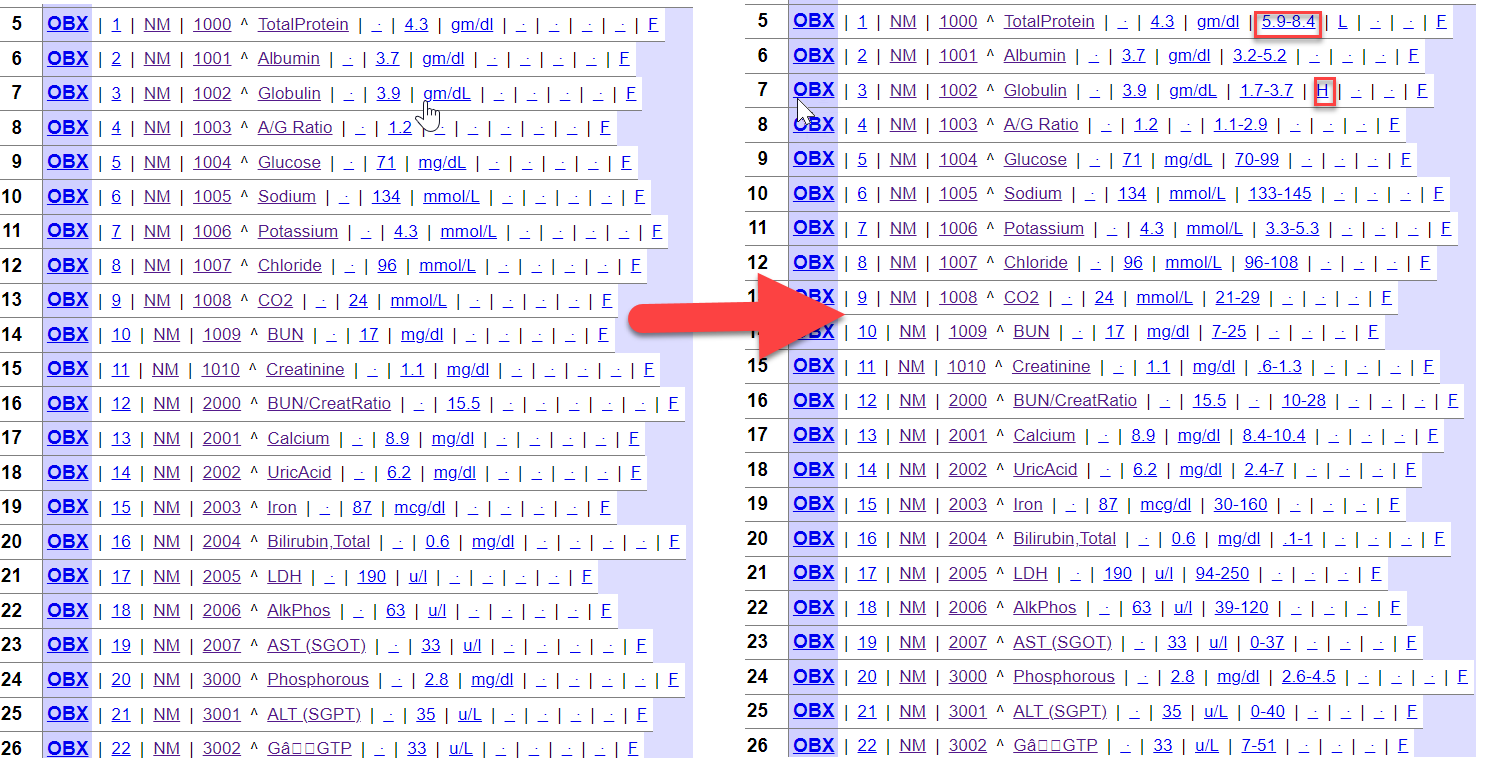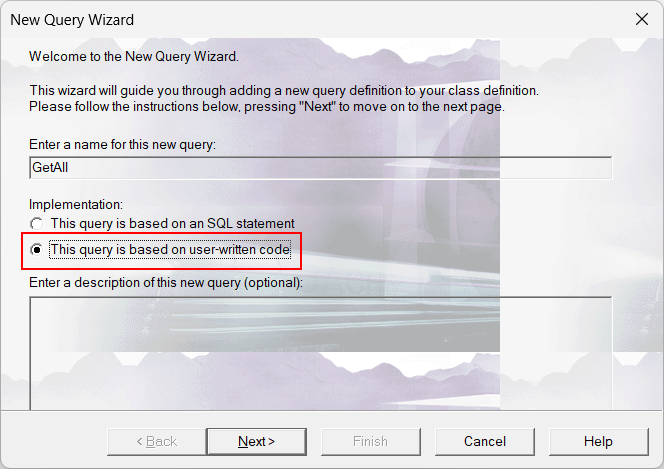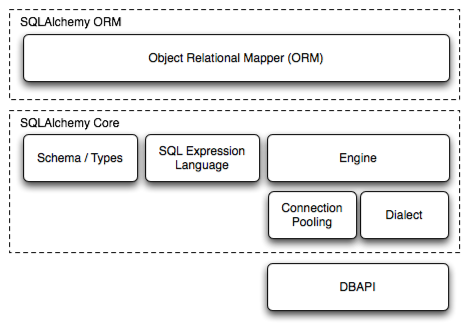Hello all,
I have a Recordset object which contains data from a table "XYZ".
Currently i use this object to extract data using %Get(COL1,COL2...) in a loop and than pass it to a function which inserts the data into another dynamically created Table "ABC" for each record. This takes a lot of time when 100's of records.
Is there a way i can directly copy a RecordSet to a dynamic table without looping through..?
Something like copy Recordset (COL1,COL2..)--> "ABC"
Thanks,
Jimmy

.png)
.png)


